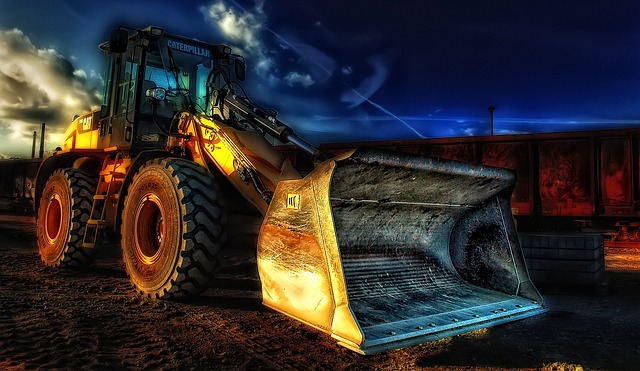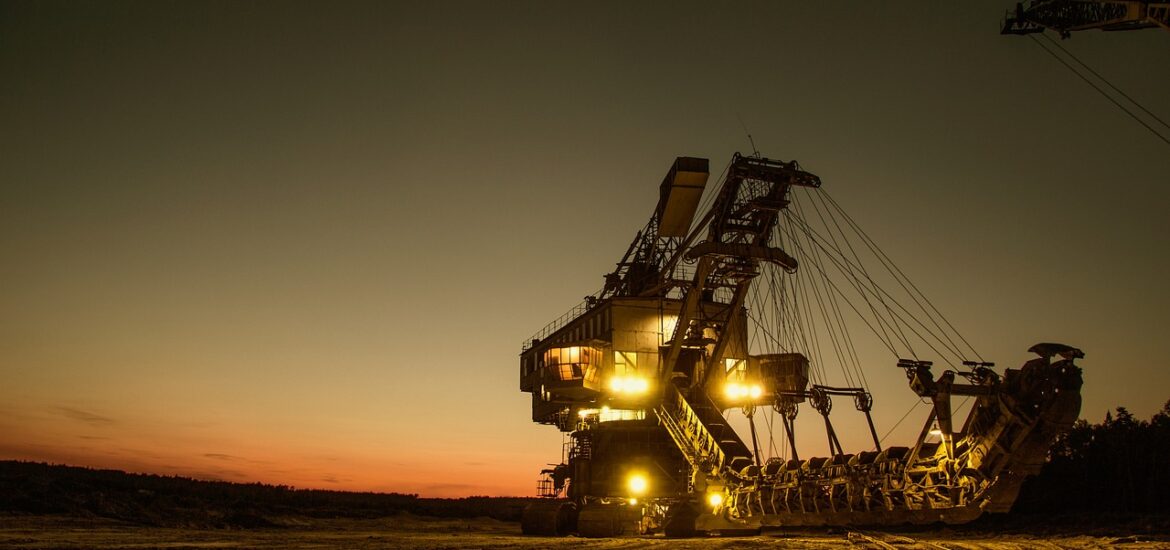When embarking on construction projects, landscaping endeavors, or even home renovations, you often encounter the term “plant hire.” While this phrase might sound like renting potted ferns or cultivating a green thumb, it actually has a different, more machinery-centric meaning. In this article, we will delve into what plant hire means and why it is a crucial concept in various industries.
Plant Hire Defined
Plant hire, sometimes referred to as equipment rental or construction equipment hire, is a business practice that involves renting heavy machinery, tools, or equipment for a specified period. The term “plant” in this context encompasses a wide range of equipment used in construction, agriculture, mining, landscaping, and other industrial sectors. This can include excavators, bulldozers, backhoes, cranes, loaders, concrete mixers, and more.
Why Plant Hire Matters
 Plant hire is a critical aspect of many industries for several reasons:
Plant hire is a critical aspect of many industries for several reasons:
- Cost Efficiency: Purchasing heavy machinery can be prohibitively expensive, especially for small businesses or short-term projects. Renting equipment allows businesses to access the necessary tools without a significant upfront investment.
- Flexibility: Different projects require different types and sizes of machinery. Plant hire services offer a wide range of equipment options, making it easy to choose the right tools for the job at hand.
- Maintenance and Repairs: Owning heavy machinery comes with the responsibility of maintenance and repair costs. When you rent equipment, these expenses are typically the responsibility of the rental company, reducing your overall financial burden.
- Expertise: Plant hire companies often provide operators who are experienced and trained in using the equipment. This can increase productivity and ensure the machinery is used safely and efficiently.
- Up-to-Date Technology: Equipment rental companies usually keep their inventory up-to-date with the latest technology and safety features. This means you can access the most advanced machinery without having to invest in constant upgrades.
- Reduced Storage Needs: Storing large construction equipment can be a logistical nightmare. Renting equipment eliminates the need for storage space when the machinery is not in use.
- Environmental Impact: Renting equipment can also be more environmentally friendly. Plant hire companies are often committed to maintaining and upgrading their equipment for optimal efficiency, which can result in lower emissions and reduced environmental impact.
Types of Plant Hire Services
Plant hire services are available in various forms to cater to different needs:
- Short-Term Rentals: These rentals are typically for brief periods, often on a daily or weekly basis, and are ideal for small projects or one-time jobs.
- Long-Term Rentals: For larger projects or ongoing construction work, long-term rentals can extend for several months or even years.
- Wet Hire: In a wet hire arrangement, the rental includes both the equipment and an operator who is responsible for operating the machinery.
- Dry Hire: Dry hire provides the equipment alone, and the renter is responsible for providing their own operator.
- Contract Hire: This involves long-term agreements in which the plant hire company manages all aspects of the equipment, including maintenance and repairs.
Conclusion
Plant hire is a versatile and cost-effective solution for businesses and individuals in need of heavy machinery and equipment for various projects. By renting instead of buying, you can access a wide range of tools, benefit from expert operators, reduce maintenance costs, and contribute to a more sustainable approach to construction and other industries. Whether you’re building a house, landscaping a garden, or working on a large-scale construction project, plant hire can help you get the job done efficiently and economically.

